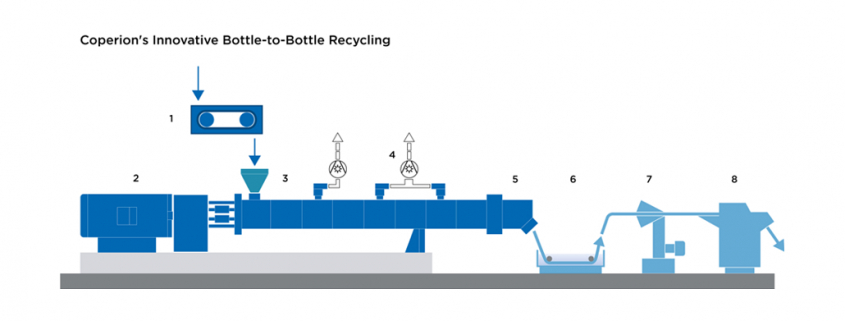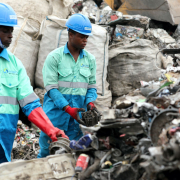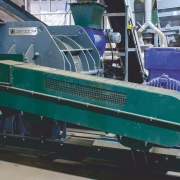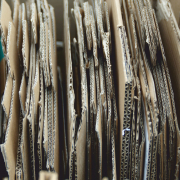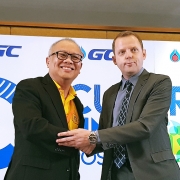Bottle-to-Bottle Recycling Now More Efficient
PET flakes can now be processed without pre-drying into pellets using Coperion’s ZSK twin-screw extruders, the worldwide active German-based producer of machines and material handling systems underlined.
Polyethylene terephthalate (PET) plays an ever more important role in recycling, due to the large volume of packaging materials in use today. Before this material can be reprocessed, it must first be shredded to flakes and then cleaned. “Ordinary technologies require pre-drying, crystallization or agglomeration of the PET flakes following washing,” Coperion emphasized. “However, using the specialized technology from Coperion, the shredded PET can be fed directly into the ZSK twin screw extruder and compounded.”
The process
The shredded flakes are fed into the ZSK extruder using high-accuracy SWB (Smart Weigh Belt) feeders or gravimetric feeders from Coperion K-Tron. In addition, other regrind materials, new materials, or mixtures can be added. Melting, intensive devolatilization, and complete homogenization take place in the ZSK process section before the melt is transferred via a gear pump and filter with an automatic screen pack changer to a strand or underwater pelletizer for pellet production. Pellets are then condensed in an SSP (Solid State Polycondensation) reactor. According to the provider, the efficient plastification within the ZSK extruder would ensure that Coperion systems for this bottle-to-bottle recycling process achieve throughput rates between two and eight tons per hour.
The pellets’ quality meets the requirements of virgin material, Coperion assures. They had received approval from the United States Food and Drug Administration (FDA) for food-contact uses.
(Published in GLOBAL RECYCLING Magazine 3/2021, Page 21, Graphic: Coperion)

